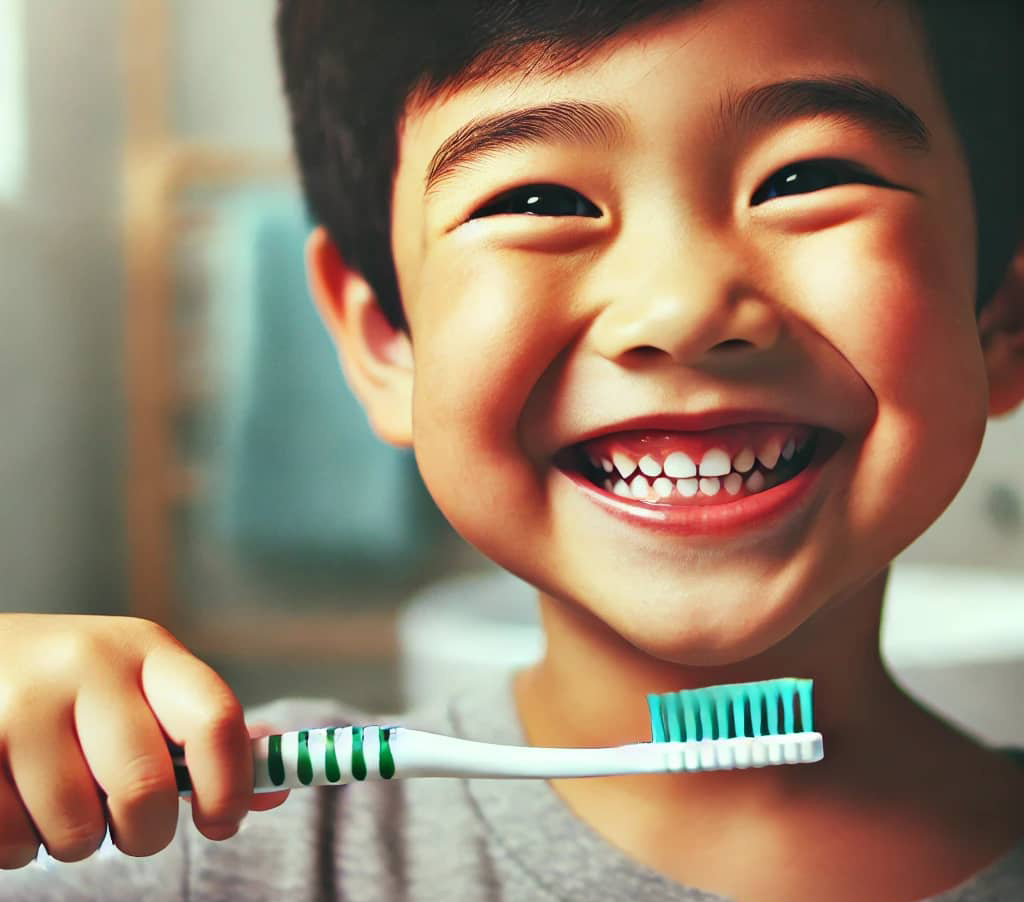
Fluoride is an essential mineral for maintaining children's dental health. It strengthens tooth enamel and reduces the growth of harmful bacteria, helping to prevent cavities. When bacteria in the mouth combine with sugar, they produce acid that erodes enamel. Fluoride remineralizes enamel, making it more resistant to decay. This is why many countries add fluoride to drinking water and include it in standard toothpaste formulas.
Scientific studies have proven fluoride's benefits. For example, Grand Rapids, Michigan, was the first city in the world to fluoridate its drinking water in 1945. The results showed a significant reduction in tooth decay among children. On the other hand, in Calgary, Canada, after the removal of fluoride from the public water supply, researchers observed an increase in cavities among children. These findings indicate that fluoride can play a vital role in preventing dental issues.
There are multiple ways for children to receive fluoride. They can benefit from it by brushing twice a day with fluoride toothpate, drinking fluoridated water, and receiving fluoride treatments from their dentist. Proper use of fluoride is crucial; children should not swallow toothpaste, and only a pea-sized amount should be used. Additionally, some dentists apply fluoride varnish, foam, or gel to provide extra protection.
Does fluoride have any risks?
Some studies have examined a possible link between excessive fluoride intake and lower IQ scores in children. However, these studies analyzed fluoride levels much higher than the recommended amount. Experts agree that the standard level of 0.7 ppm in drinking water is safe and effective. Nevertheless, more research is needed to fully understand the long-term effects. The key takeaway is that fluoride alone is not enough—proper oral hygiene, including brushing and flossing, remains essential.
should children receive fluoride?
The evidence suggests that fluoride is a powerful tool in preventing tooth decay. Parents should work with their dentist to determine the best fluoride intake for their child. As one expert puts it:
"Fluoride is like seatbelts and airbags—it’s not the only thing that protects you, but it plays a crucial role in keeping children's teeth healthy."

